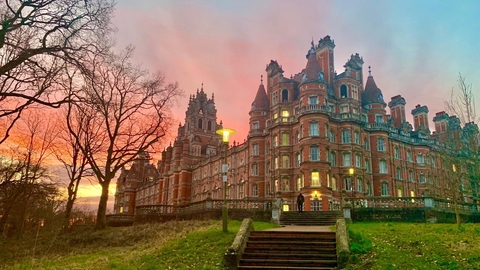
Research and Monitoring Showcase
, Egham, Surrey, TW20 9TR
About the event
Science is at the heart of our decision-making at Surrey Wildlife Trust, and we strive to use sound scientific evidence to inform both our policy and our actions. Surrey Wildlife Trust has committed to become an ‘Evidence Champion’ as part of a movement called Conservation Evidence, to build stronger links between academic researchers and front-line conservationists.
Our student researchers and collaborators will be sharing their findings and insights on how we build and utilise this evidence to find long-term solutions to ongoing biodiversity declines. Don't miss out on this opportunity to learn more about what we do in Research and Monitoring, ask questions, and inspire future research!
Know before you go
Agenda
12:00 - 12:30 Registration, Free Lunch and Poster Session
Pick up your name badge then feel free to grab your free lunch and start networking. We have a range of posters on display from some of our recent student research projects and stalls from some of our close collaborators. Check out the "Poster Sessions" tab for more details.
12:30 - 12:45 Welcome and Introduction to the Research & Monitoring Showcase
Mike Waite, our Director of GIS, Research & Monitoring at SWT, will give a brief overview of what our department aims to do and why GIS, Research and Monitoring is so important for conservation.
12:45 - 13:15 Conservation Evidence
Dr Silviu Petrovan will then give an overview of the Conservation Evidence platform and the need for evidence-based conservation practice.
13:15 - 14:15 Student Research Talks
A small selection of some recent student researchers that we have collaborated with or co-supervised will present the results of their projects. Project titles include: • How Suitable Alternative Natural Greenspaces (SANGS) actually impact biodiversity – Christine Gooch; Birkbeck, University of London • Optimising Automated Monitoring of Insect (AMI) device placement on inaccessible sites – Harry Jobanputra, Pablo Ubilla Pavez, Chenyang Zan, and Bohan Li; University College London • Cultural or Demographic Differences in Engagement – Rosaline Singh; Royal Holloway, University of London • Evaluating our management practices using the Conservation Evidence platform – Ugne Vilkeviciute; University College London All of the speakers will present their work and then there will be time for questions at the end.
14:15 - 14:40 Coffee Break
Free tea and coffee will be provided. This is an opportunity to ask the speakers any other questions you have and interact with poster presenters and stall holders. Check out the "Poster Sessions" tab for more details on the posters and stalls.
14:40 - 15:45 Research Collaborations
The second half of our talks will be centred around some of our ongoing research collaborations. Ben Siggery (GIS, Research and Monitoring Manager at Surrey Wildlife Trust) will start the session talking about some of his recent paleoecology research, then Professor Richard Murphy from the University of Surrey will give an overview of our People’s Postcode Lottery-funded project, Space4Nature, in collaboration with Buglife and the Painshill Park Trust. Lucy Smith from SWT’s Youth Action Committee will give a short overview of the work they are doing, and finally the president of Royal Holloway’s Biological Sciences Society, Ruby Thomlinson will give us an overview of the Wild Recorders project we have been collaborating on.
15:45 - 16:30 Summary and Showcase Closing
Mike will say a few words to finish the afternoon then you are free to have a final browse of the posters and stalls before the end of the showcase. Check out the "Poster Sessions" tab for more details on the posters and stalls.
Poster Sessions
Evaluating natural capital metrics for biodiversity opportunity areas (BOAs) with Anna Gooden
Recreation increases wellbeing and quality of life and as an ecosystem service is estimated to be worth £17.9 billion. However, there are significant challenges for valuing recreation, as it is difficult to quantify the value of wellbeing and health, unlike other ecosystem services. This study analysed the output of three different ecosystem service models for the case study Holmesdale Biodiversity Opportunity Area. We found that different models had a significant impact on the overall valuation. In particular, the output from InVEST predicted very low visitors, which consequently projected less financial gain compared to the ORVal model that had higher visitor numbers. These results demonstrate how recreation benefits are likely to be inaccurately valued, as it is a highly subjective concept with a range of definitions. We also highlight the need to validate models with primary user-based data as expert-based models lack an understanding on how visitors interact with the site.
Grazing pigs and woodland flora with Logan Butler
Less than 30% of ancient woodlands remain in the UK and they are under threat from development, climate change, and invasive species. Bracken fern spreads rapidly and is extremely difficult to contain once established. Traditional methods of controlling bracken include mowing, herbicide, and crushing; however, environmental managers of an Ancient Woodland in Surrey explored the use of grazing pigs to control the bracken. This study examines the impact domestic pigs have on the site’s biodiversity and ground flora community through botanical surveys taken before, during, and after pig grazing. Grazing was carried out for four years before the project was terminated in 2017. After re-surveying in 2023, it was found that the biodiversity slightly increased for grazed plots however bracken is still outcompeting other flora in the woodland, including tree seedlings. The results also suggest that grazing had some impact on the plant community distribution.
Effects of conservation grazing on floral and moth diversity with Alexander Bayley
Calcareous grassland is one of the most valuable habitats for pollinators globally, yet very little remains in Britain. Conservation grazing is used widely to maintain the remaining chalk grassland in Surrey but there is little evidence for the effect of this practice on pollinator diversity. This study used moth-plant visitation interaction networks to assess the effects of grazing and environmental factors on macro-moth diversity across six calcareous grassland sites in Surrey, England. To do this, we developed a novel methodology for non-lethally sampling pollen from live moths to determine floral visitation. Despite grazed sites having a higher floral diversity, we found no impact of grazing on network structure. Buddleia, a non-native genus, dominated moth floral visitation and pollen transport. This is likely to the detriment of native plants. This study recommends grazing as a best management practice and highlights the need to further quantify the impact of Buddleia on moths.
Research & Monitoring with Viki Webster (GIS, Research and Monitoring Officer)
At Surrey Wildlife Trust, we are committed to finding the long-term solutions to ongoing biodiversity declines that nature so badly needs in our county. Science is at the heart of our decision-making, and we strive to use sound scientific evidence to inform both our policy and our actions. Building this evidence-base is a continually iterative work-stream, ever growing with advancements in applied science and conservation experience. As part of our role to ensure we can contribute to this process, to inform both ourselves and others, we are keen to work with external partners to further understanding of the natural world. You can find out more in our Research & Monitoring Framework.
Surrey Biodiversity Information Centre with Rob Schwar (Data Officer)
Surrey Biodiversity Information Centre (SBIC) collects, manages and disseminates information on the flora, fauna and habitats of Surrey. The Centre was established in 2004 and is one of a growing network of local environmental records centres around the UK. We are a small but dedicated team of ecologists and environmental data management experts with a passion for all aspects the natural environment. SBIC is managed as a partnership project, hosted by Surrey Wildlife Trust and seeks to hold as comprehensive a record of the wildlife of Surrey as possible.
Space4Nature with Daniel Banks (Citizen Science Officer) and Andrew Jamieson (Space4Nature Project Manager)
The Space4Nature Project will use Earth Observation (EO) technologies and Artificial Intelligence (AI) to map and assess the type, quality, and quantity of habitats in Surrey. We will use this information to work on our own land as well as with other landowners and organisations to create, restore and connect fragmented habitats and support healthier, more abundant biodiversity. In addition, the project will engage a range of people including local communities, landowners, schools, and community groups in activities to recover nature on their land.
Meet the speakers
Mike Waite
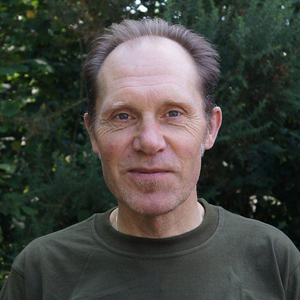
© Surrey Wildlife Trust
Mike Waite MCIEEM is Director of Research and Monitoring at Surrey Wildlife Trust, and Chair of the Surrey Nature Partnership’s Biodiversity Working Group. He formerly managed the Trust’s external advocacy Living Landscapes programme.
Dr Silviu O Petrovan
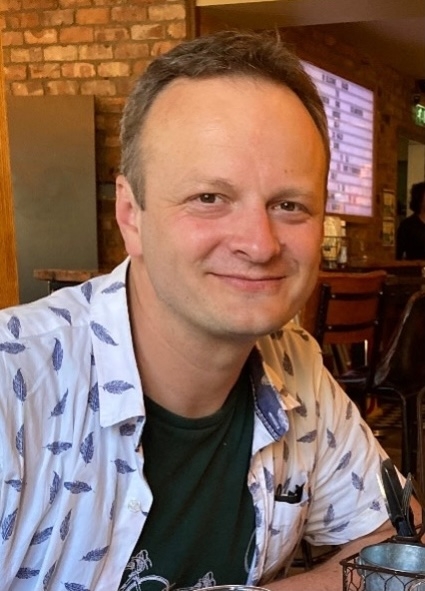
Since 2016 I have been working at the University of Cambridge, focusing on evidence-based conservation, expert assessments and decision making in biodiversity conservation and biological risk. I am a Senior Research Associate and have published over 60 peer-reviewed papers and several book chapters, largely focusing on understanding the effects of anthropogenic changes on biodiversity and improving evidence-based solutions for counteracting negative effects at population or landscape scale.
Anna Goodden
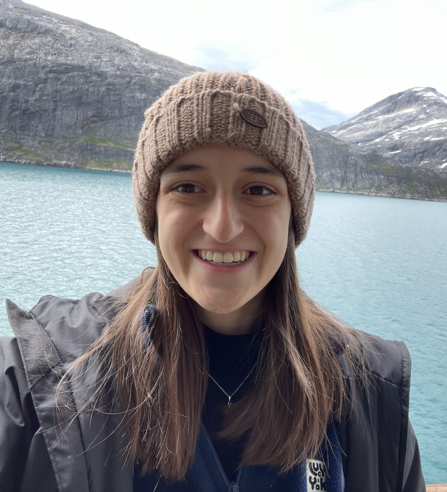
Anna is a first year PhD student studying flood risk management policy at King's College London. Prior to this she studied Environmental Technology MSc at Imperial College London, where she worked with Surrey Wildlife Trust to quantify the economical benefits of recreation for Holmesdale Biodiversity Opportunity Area.
Professor Richard Murphy
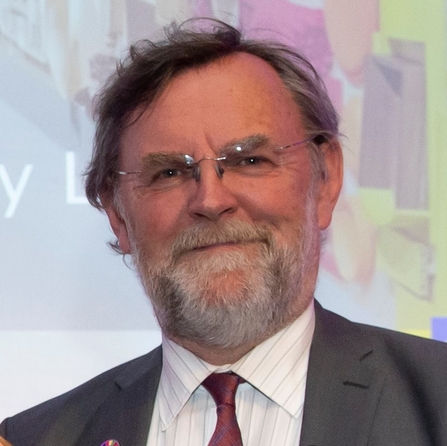
Richard is Professor of Life Cycle Assessment at the University of Surrey. He has a background in biological sciences with a BSc in Botany with Zoology and a PhD in Pure and Applied Biology.
Ben Siggery
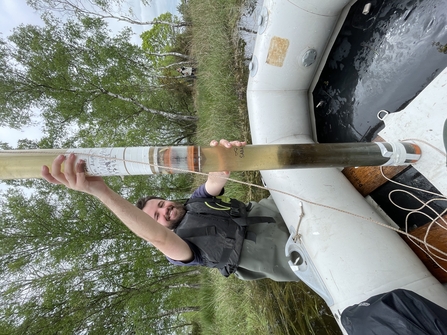
Ben Siggery MCIEEM recently began a PhD with the University of Surrey, researching the application of palaeoecology to conservation. He studied BSc Environmental Geography and MSc Aquatic Science at University College London.
Rosaline Singh
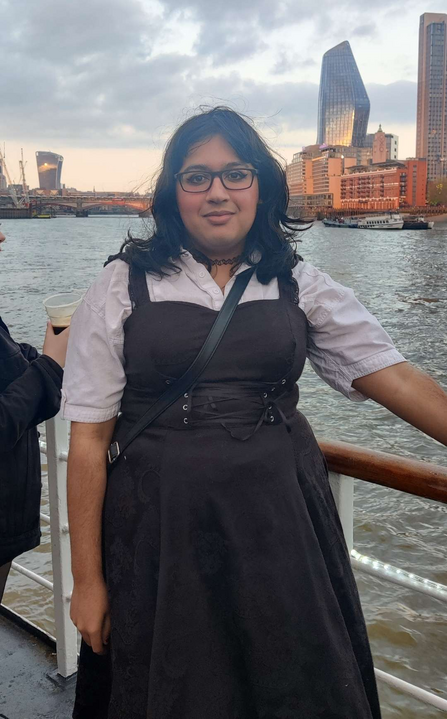
I'm Rosa Singh. I recently completed my Master's in Ecology at RHUL, where I investigated why people like or dislike certain animals and landscapes and how that can be useful in conservation. I also investigated the motivations and behaviour of SWT volunteers to see how we could engage even more people, something I hope to do with other Wildlife Trusts in the future!
Christine Gooch
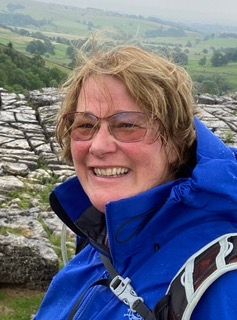
I am interested in the development, implementation and monitoring of policy related to biodiversity and land use. This January I was awarded a Distinction for my MSc in Environment and Sustainability at Birkbeck (University of London) which included a dissertation supported by the Thames Basin Heath Partnership and Surrey Wildlife Trust on how Suitable Alternative Natural Greenspaces (SANG) can support biodiversity in the Thames Basin Heath Area. My previous experience is as a manager and volunteer in multiagency, multi-stakeholder environments in the healthcare and education sectors.
Ugne Vilkeviciute
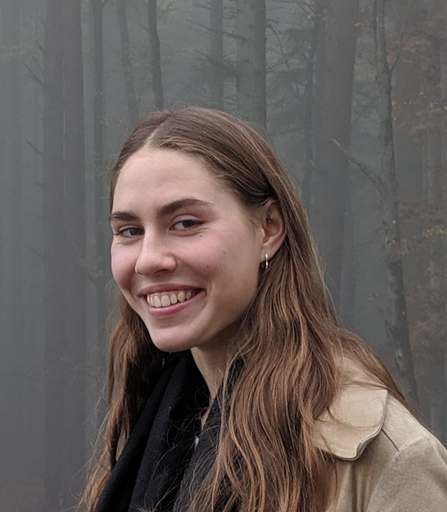
Ugne is an interdisciplinary student that is interested in combining environmental and social science to solve issues within the field of nature conservation.
Lucy Smith
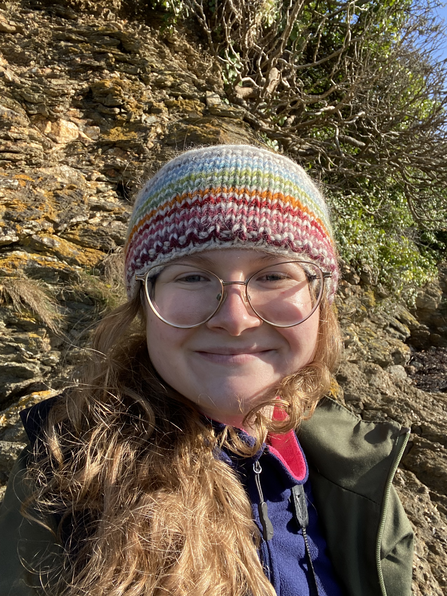
Hi, I'm Lucy, a general officer for the Youth Action Committee and a trainee at the Surrey Wildlife Trust. I'm passionate about our native wildlife and want to encourage more young people to get involved with conservation.
Ruby Tomlinson
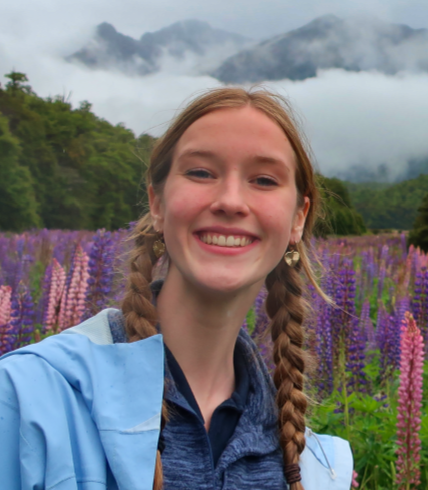
Ruby is a second-year Zoology student and the President of the Biological Sciences Society at Royal Holloway, University of London. With a strong passion for conservation, ecology, and marine biology, she has applied her love for nature working as the UK Country Manager for the NGO Plastic Oceans, co-founding the Wolfe Nature Foundation with her two sisters, and working on conservation and education for at-risk turtle species in Ontario, Canada. Ruby has also presented at the ‘Wildlife on Our Lakes Seminar’ in the Algonquin Highlands, Canada, discussing the importance of species in the protected region, and has produced and screened a three-minute video created with her sisters for ‘The Future of Earth Hour’ online session at the Reserva Youth Land Trust Conference.
Matteo Giusti
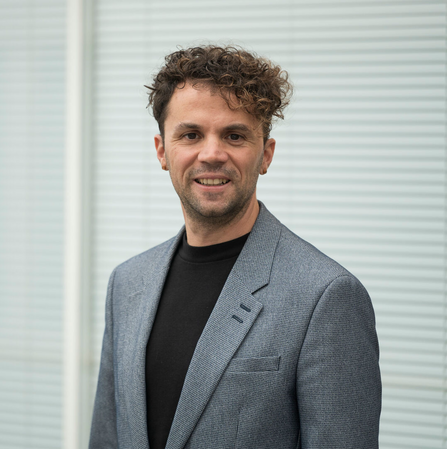
Matteo researches sustainable human-nature relationships. His research aims to understand, envision, and promote the personal, spatial, and cultural factors that allow sustainable civilizations to emerge.
His transdisciplinary research combines sustainability science, systems thinking, environmental psychology, social-ecological sustainability, and spatial analysis. He collaborates with artists, schools, and NGOs to apply his research in practice and to facilitate a sustainable transformation in the real world.
Nature Smart Challenge Students
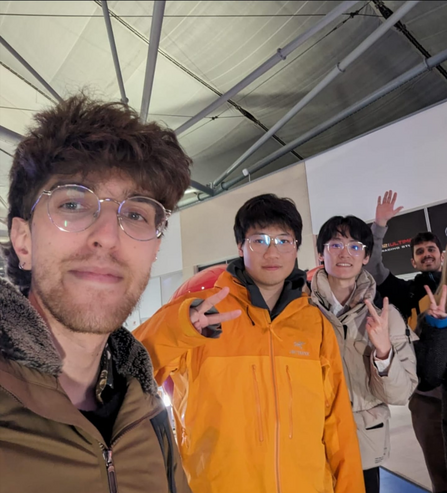
We are a group of students from UCL, enrolled in the MSc Ecology and Data Science program. We have been combining mathematics and ecology to tackle the issue of moth monitoring with limited resources across multiple habitats.

